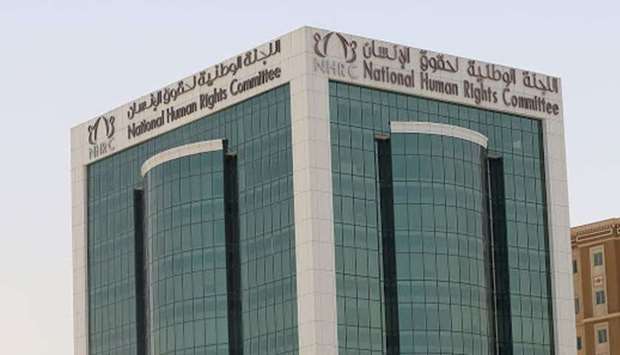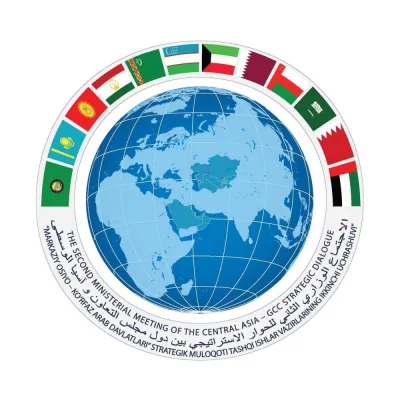More cases highlighting the adverse humanitarian consequences of the ongoing blockade have emerged. Qatar's National Human Rights Committee (NHRC) has been receiving such cases since the start of the blockade earlier this month.
As reported in 'Gulf Times' earlier, the NHRC believes that the "gross violations resulting from the siege affect the rights of Gulf citizens - Qataris and non-Qataris -- as well as the rights of residents in Qatar."
Recently, local Arabic daily 'Arrayah' reported about the case of Mohamed al-Anzi, a young Qatari man who was treated in Bahrain for cancer and had managed to make considerable progress. However, he is not to follow up with his doctors in Bahrain due to the ongoing blockade. In fact, there are fears that his condition may deteriorate if he does not get timely treatment there, the daily says.
To make matters worse, he was studying at a university in Saudi Arabia and was forced to put his academic pursuits on hold due to the blockade. He submitted a complaint to the NHRC listing these grievances.
The report notes that the relevant file at NHRC includes hundreds of such complaints. In another case, Mohamed Abdulla, a Qatari man who owns a palm tree farm in Saudi Arabia, told the daily that he had collected the harvest of dates and packed it to be marketed in Qatar. However, he was denied access to his property due to the blockade. Abdulla also said he was not even able to send money to his workers to export the harvest to Kuwait. His Saudi friends could not offer him any help in this as well, the daily added.
'Arrayah' also reported that a team of three Kuwaiti veterinarians recently arrived in Qatar volunteering to provide assistance to their Qatari friends in handling the camels 'deported' from Saudi Arabia. The veterinarians hurried to offer help when they learnt about the challenging circumstances created by the 'deportation' of camels and other animals. In an earlier report, the daily had mentioned the case of a grandmother who would not be able to see her granddaughter in the UAE, a Qatari student in the final year of university in the UAE unable to travel there to complete his studies, and a Qatari man who had bought some real estate in the UAE but could not access the same.
Mohamed Ibrahim al-Mohannadi, a Qatari man, said he had bought five apartments in Dubai worth more than QR7mn on installment and had paid around QR1.7mn until now. However, he no longer had any confidence in the investment after the blockade was imposed as he was banned from travelling there.
Khalid Mubarak al-Buainain, a Saudi man living in Doha, said he had been living in Doha for many years and was married to a Qatari woman. He said he had been requested by his government to return to Saudi or face a fine of QR10,000 and a three-year travel ban, the daily said.
Qatari student Saad al-Sulaiti said he has been studying law for four years in the UAE and this year he is preparing for his graduation exams, but cannot travel there because of the blockade.



